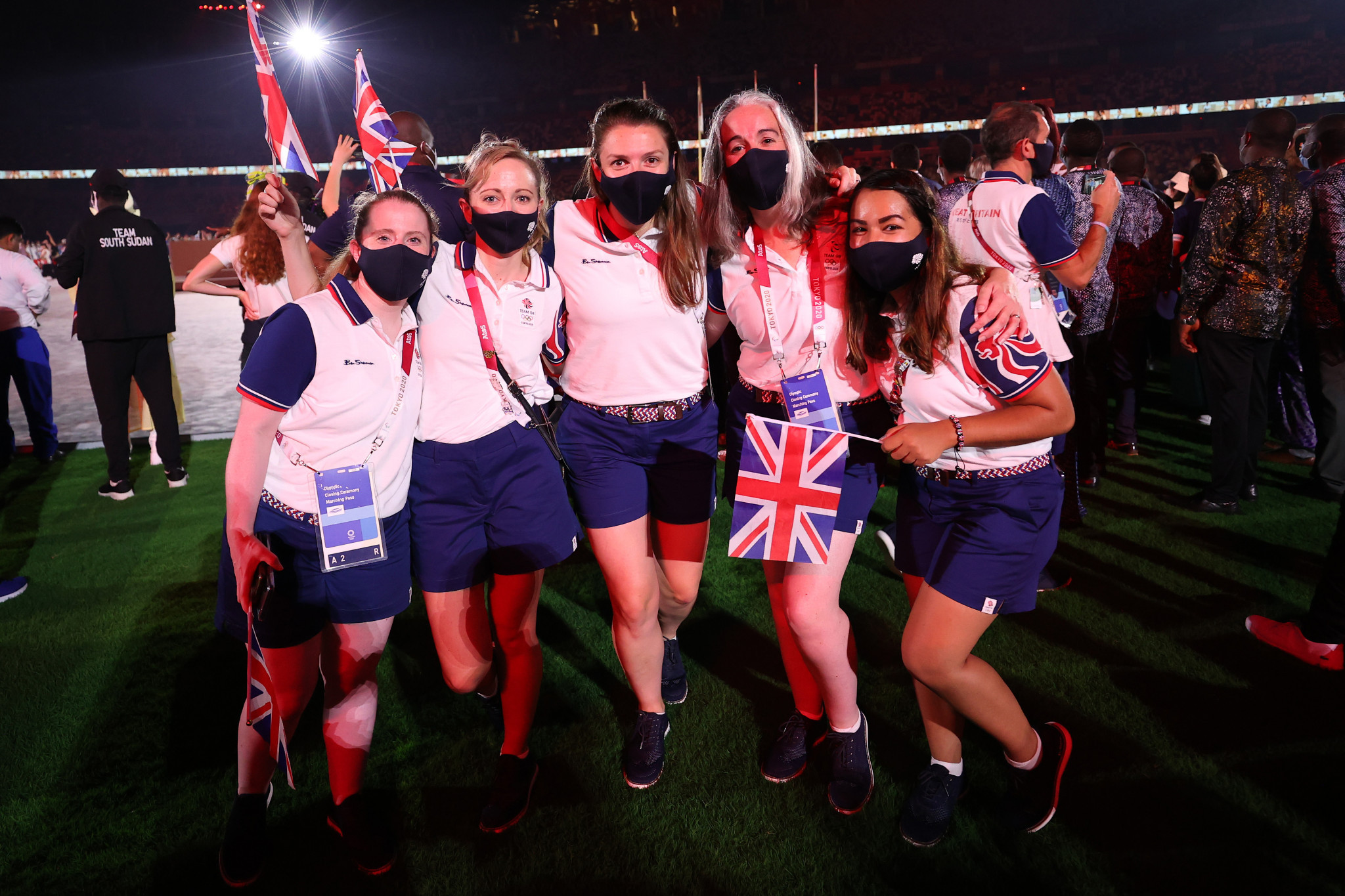The party’s over, as the song says, but Tokyo 2020 will not be calling it a day. Soon it will be time for Act Two of the smash hit Far East production, with a star cast of Paralympians waiting in the wings for their turn to go on stage.
We can be certain that every effort will be made to make the Paralympic Games as professionally executed and memorable as the Olympics themselves, and we know from past experience that they can be equally uplifting.
Tokyo may have come through a literally testing time with flying colours but now they have to do it all over again in circumstances that are just as challenging - probably even more so because of the very nature of the Paralympics.
We can expect more tears both of triumph and disappointment and backstories of incredible human endeavour and sacrifice which will tug at the heartstrings.
There will be heroes, and there will be heartache, always a winning recipe for public acclamation.
Here in Britain as we return to some semblance of normality the football season is now upon us and the Premier League and all that goes with it, undoubtedly will detract from the amount of coverage the Paralympics will be given compared to the Olympics.
The glorious Games we have just witnessed were unfettered by rival attractions, even though the buildup had to compete with the Euros.
Recently I attended a social gathering where normally the chitchat would be of the latest aberrations of Boris and the Government, COVID or climate change. Instead it was of Team GB’s golden glory and the finer points of BMX, skateboarding, the omnium, or climbing up walls. I kid you not.
It did seem to me that Tokyo 2020 had gripped the nation like no other Games save those in London of 2012. I think one of the reasons may have been that Team GB seemed to be composed of eminently personable and likeable young people. There was a notable absence of poseurs and prima donnas.
I liked the description by a TV pundit of the prodigious pair Jason and Laura Kenny, husband and wife record setting cycling gold medallists as: "The very essence of British ordinariness."
Of course the main key to the British brilliance was that the majority of competitors are professional in every sense - full-time athletes bankrolled by National Lottery cash.
Source: https://www.insidethegames.biz
Not all, though, a few medal winners in some newbie sports relied on crowdfunding or the bank of mum and dad. Hopefully this will be rectified once UK Sport reviews the results of their labours in Tokyo.
Remember how we in the west were once so envious of the Soviet Union and its satellites when they scooped up most of the gold every four years thanks to their state-aided sports programme, with most of their competitors given nominal military roles? Well, now it is Britain who has the elite troops.
For this we should never forget to thank John Major, not the most auspicious of former Prime Ministers but the one to whom caps should be doffed for channelling lottery money into sport after the embarrassment of a virtually barren Atlanta 1996.
Now we await the deserved shoal of gongs that deservedly will be showered on Britain’s record equalling medal winners - it is more than likely that the Kenny household will have both a Knight and Dame answering the sporting call by the end of the year.
Certainly all gold medallists will be given at least an MBE - upgraded for those who already have one. And let’s hope that those who got them to the podium - the coaches and back-up staff will not be overlooked. For what GB achieved was a team effort in every sense.
One other matter arising from Tokyo 2020 is that while all sorts of oddball activities are lining up to throw their caps into the Olympic rings for future inclusion it will become increasingly difficult to keep out more orthodox sports like squash, whose presence is long overdue, and cricket, which is beginning a well orchestrated campaign for inclusion in the exciting short game formula.
We also know that despite its deprivations, Tokyo 2020 will be a hard act for Paris 2024 to follow.

